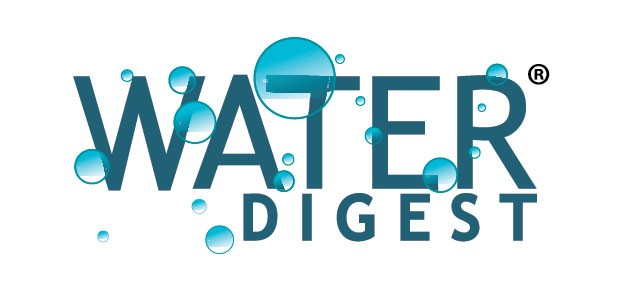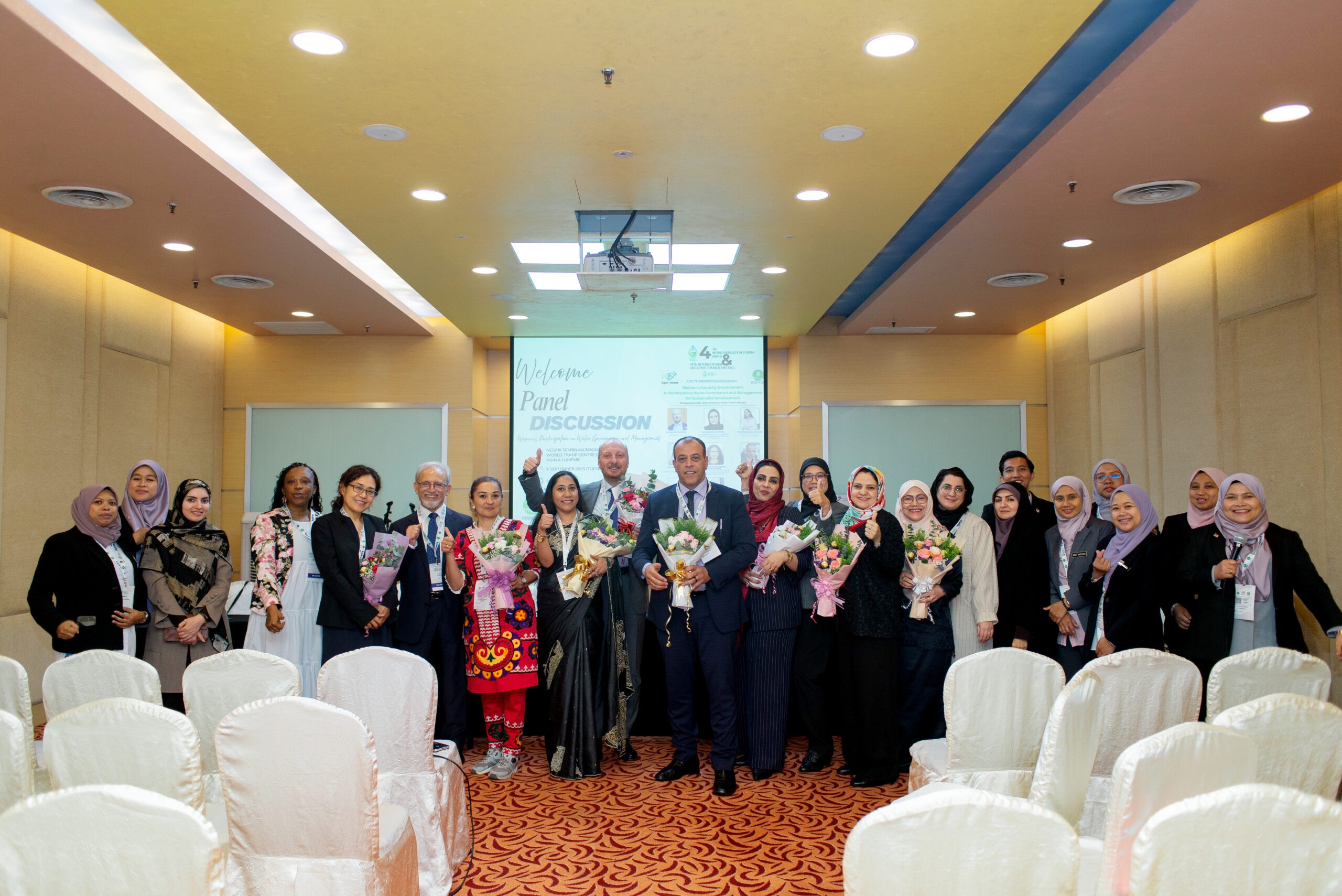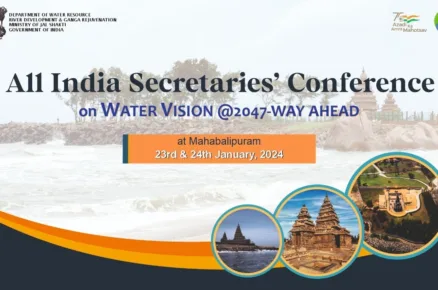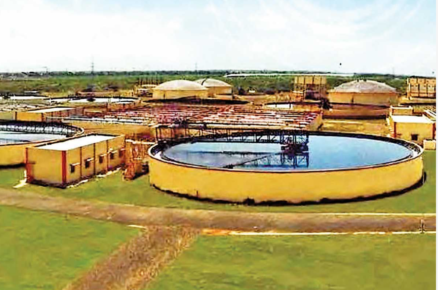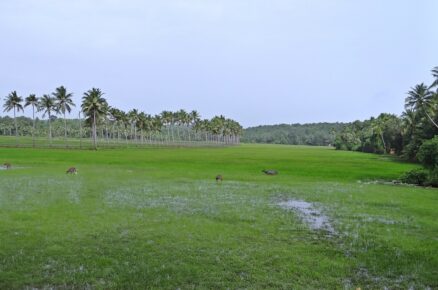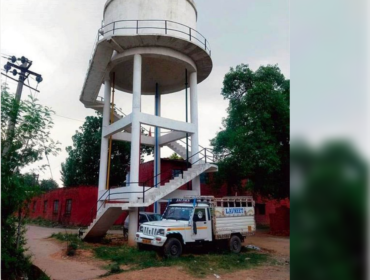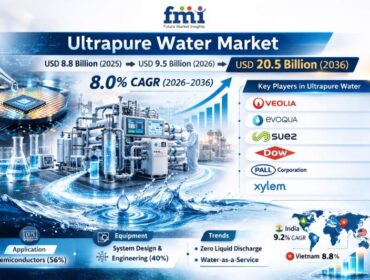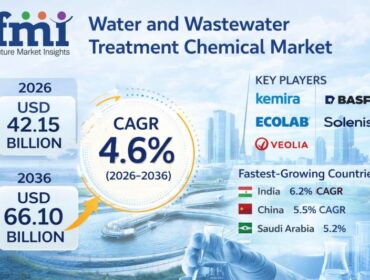The 4th World Irrigation Forum (WIF4) in Kuala Lumpur, convened by the International Commission on Irrigation and Drainage (ICID), hosted a landmark panel on “Women’s Capacity Development in Participatory Water Governance and Management for Sustainable Development.” The session brought together eminent experts, policymakers, and practitioners from across the globe to deliberate on the critical role of women in irrigation, agriculture, and water governance, within the Forum’s overarching theme: “Is Irrigation a Sunset Industry?”
Speakers collectively highlighted the paradox that, although women remain central to sustaining households, communities, and agriculture, their participation in decision-making processes within the water sector remains disproportionately low. In South Asia, for example, nearly seventy per cent of women are engaged in agriculture, yet they are too often denied equitable access to land, finance, technology, and institutional support. It was underlined that when women are afforded equal access to resources and training, farm yields can increase by up to thirty per cent—sufficient to feed an additional 100–150 million people—a transformation with profound implications for global food security.
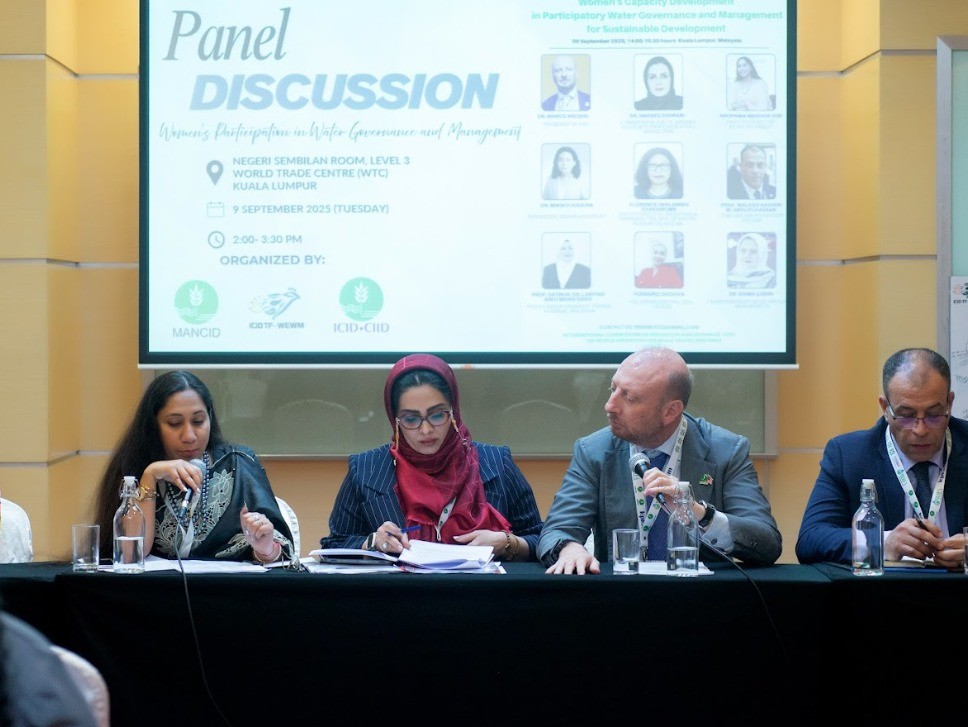
Ms. Anupama Madhok Sud, Director and Editor of Water Digest, emphasised the potential of women’s leadership in reshaping agricultural and community outcomes. Drawing on experiences from Nepal, Kenya, Malaysia, and Tajikistan, she illustrated how women-led initiatives have created resilient models of practice, proving that inclusion is not symbolic but catalytic. Dr. Marco Arcieri, President of ICID, built on this by affirming that gender equity in water governance is not only a moral obligation but also an economic and social necessity. Drawing from projects supported by the Asian Development Bank and the World Bank, he demonstrated how women’s leadership has delivered outstanding results in the WASH sector, elevating community resilience and enhancing livelihoods.
Professor Waled Hassan M. Abou Elhassan, Land and Water Officer, FAO RAP, reaffirmed that gender balance is embedded in FAO’s mandate not merely to satisfy donor requirements, but as a central institutional principle. He highlighted initiatives across Asia where thousands of women farmers have been trained in water-saving technologies and integrated into modern irrigation programmes, producing ripple effects that extend far beyond their immediate communities. From Japan, Dr. Mikiko Sugiura, Professor at Sophia University, shared how reforms within Japan’s Land Improvement Districts have improved both efficiency and organisational culture, with women’s inclusion dismantling entrenched male-dominated traditions and injecting professional expertise into governance structures.
Professor Datin Ir Dr. Lariyah Binti Mohd Sidek of Universiti Tenaga Nasional, Malaysia, stated women’s empowerment within the nation’s broader agenda of hydropower, dam safety, and climate resilience. She underlined that achievement in water management is driven by determination rather than gender, pointing to Malaysia’s growing leadership on international technical platforms as testimony to this commitment. From Central Asia, Ms. Husnoro Saidova of GIZ Green Central Asia (TAJICID) described the Basin Women’s Forums established under Tajikistan’s water sector reforms, which now provide rural women with a platform to participate in river basin councils and to shape strategies on climate resilience and water security.
Dr. Narges Zohrabi, Chairperson of the ICID Task Force on Women Empowerment in Water Management and Associate Professor at IAU Ahvaz, Iran, closed the discussion by underscoring that the path from symbolic participation to meaningful influence rests on three interconnected pillars: developing individual capacity through training and mentoring; strengthening institutional frameworks to embed women’s voices; and creating enabling environments that dismantle restrictive cultural and social norms.
The session concluded with a unifying message: women are not peripheral actors but central agents of transformation in irrigation and water governance. Their traditional knowledge, combined with modern technologies and inclusive policies, equips societies to meet the intertwined challenges of climate change, food insecurity, and water scarcity. Empowering women is not a secondary objective—it is fundamental to ensuring the sustainability, resilience, and modernisation of irrigation systems worldwide.
As this program progresses, this special session has set a powerful precedent, reinforcing the Forum’s commitment to innovation, inclusivity, and global collaboration in irrigation and agricultural development.
For further information on WIF4 and ICID’s initiatives, please visit: https://www.wif4.org/index.php/en/
